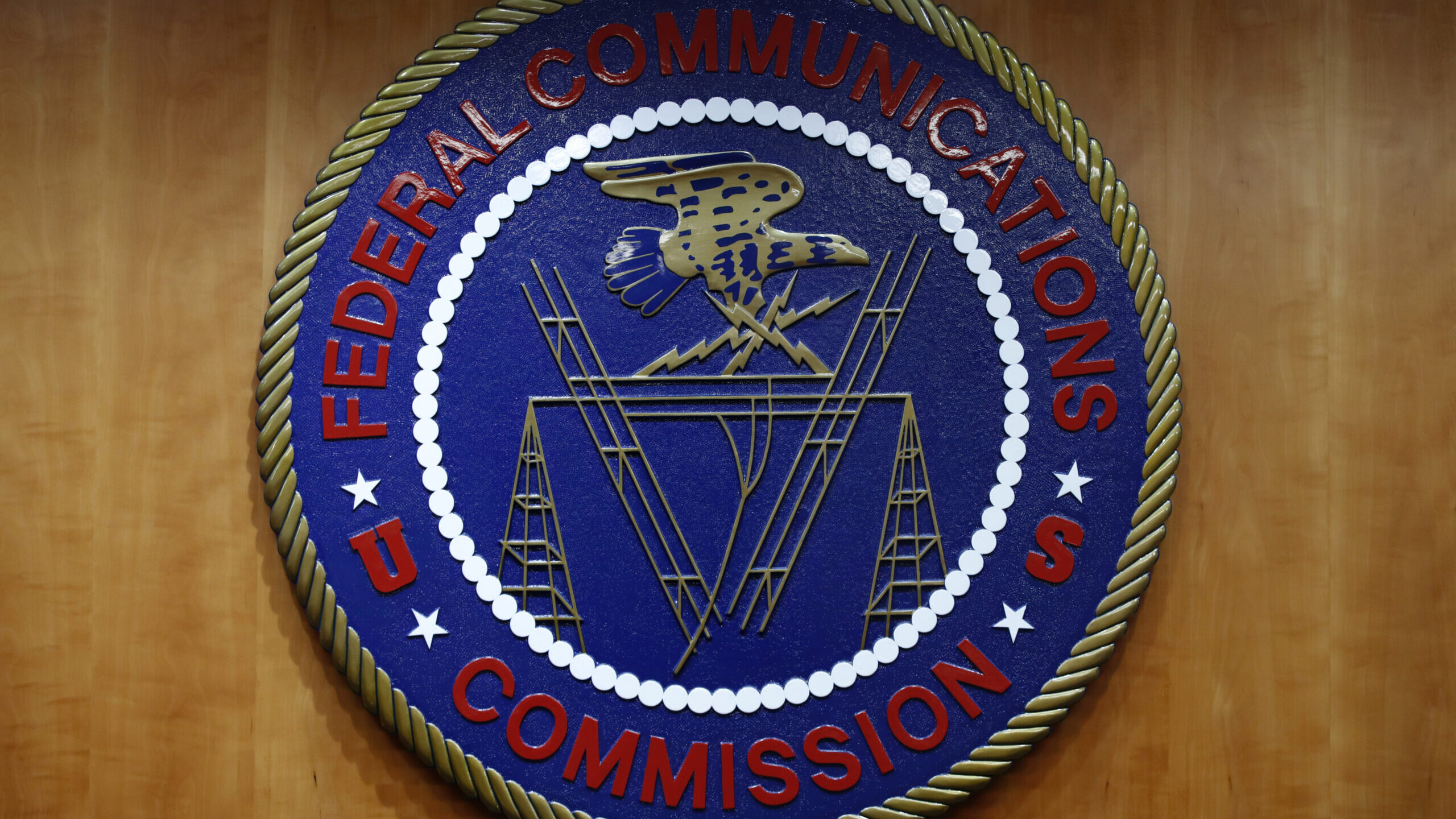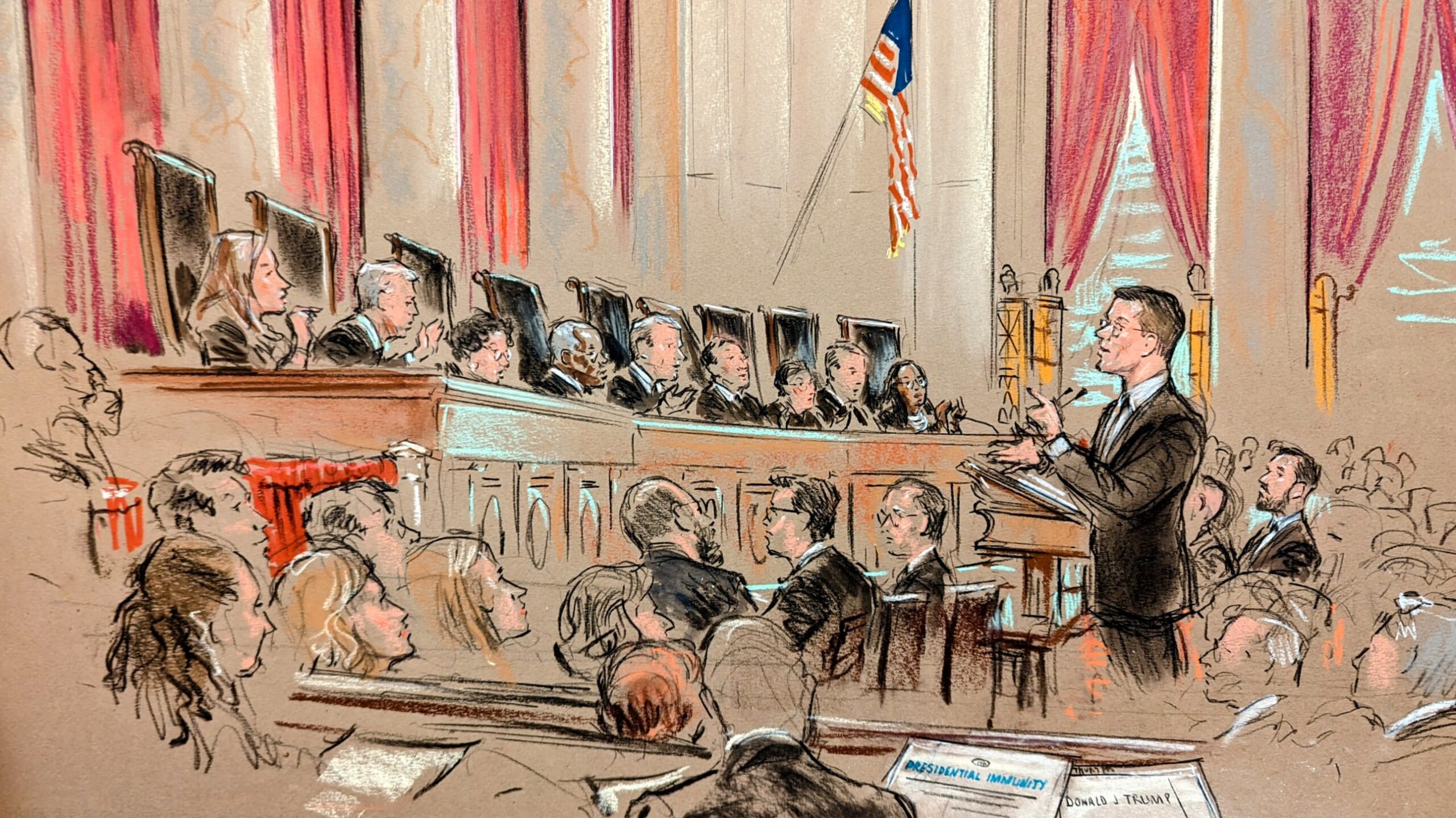The public would have less access to government records under proposed law
Feb 23, 2024, 3:00 PM

Attorney Jeff Hunt at the University of Utah. (Amanda Dickson/KSL NewsRadio)
(Amanda Dickson/KSL NewsRadio)
SALT LAKE CITY — “This session has probably seen the greatest number of bills restricting public access to government records and government meetings I’ve encountered in the last 10 years,” First Amendment attorney Jeff Hunt said of the 2024 Utah legislative session.
Hunt represents a media group that includes KSL NewsRadio. He spoke to my media law class this week at the University of Utah.
“It’s astounding the number of bills that shut down access to the public’s business.”
Hunt called it a “bad trend.”
The two Utah state laws the Legislature is chipping away at are GRAMA , the Government Records Access Management Act , and the Utah Open and Public Meetings Act.
Hunt told the students he took part in the drafting of GRAMA some 30 years ago.
The state law is modeled after the Freedom of Information Act. It is based on the presumption that public records should be available to the public. There are exceptions, to be sure, but that is the overall value.
The AG’s Calendar
So, when an elected official starts spending time out of state, focusing on other people and projects, the people might be interested in knowing what portion of his time is spent on the job for which he was elected.
This is why KSL filed a GRAMA request asking for Utah Attorney General Sean Reyes’ calendar. KSL wanted to see how much time he spent here in Utah focusing on Utah issues and how much time he traveled out of state for non-state activities.
The AG denied KSL’s request.
“They said he doesn’t have an official calendar,” Hunt chuckled. “We said, ‘We think you have a calendar.'”
The Reyes later admitted he does have a calendar, but said it’s not his “official” calendar. Hunt, on behalf of KSL, suggested that the AG redact any personal appointments from the calendar.
“Redact birthday party for Luke, and just give us the official appointments,” Hunt said.
They said no.
Hunt appealed to the Utah State Records Committee, a volunteer body. The Records Committee agreed with KSL.
“They said, ‘Yes. You [the AG] have to provide that. You’re a public official. It’s a taxpayer-supported position. You actually have someone keeping your calendar on taxpayer-funded software.”
The attorney general is appealing that decision. The case will be argued on Tuesday.
Enter the Legislature
In the midst of this court battle over Sean Reyes’ calendar, the Utah Legislature joined in.
“They run a bill that says official calendars of public employees in Utah are not subject to GRAMA,” Hunt said.
This is SB 240, sponsored by state Sen. Curtis Bramble, R-Provo.
“It’s kind of extraordinary that public officials think the public would have no interest in what the officials are doing with their time,” Hunt said.
One interesting point to note – the bill is not retroactive. That means that the request for the AG’s calendars would be interpreted under the law as it has been. If this bill passes, it would not take effect until May of this year.
No right to information
It seems natural in a democracy that the people would be interested in how their elected officials spend their time. Citizens might want to know who officials are meeting with, how often, for how long. They might want to know what they’re focusing on.
Most of our calendars would tell a great deal about us. We spend our time on the things that are important to us.
If SB 240 passes, and we no can longer request access to public employees’ calendars under GRAMA, can the new exemption be challenged?
“No,” Hunt explained, “The only way to challenge statutes is on constitutional grounds. The right to information from the government is not a constitutional right except in certain contexts.”
We have a constitutionally protected right to information about judicial proceedings.
“The Supreme Court has recognized a First Amendment right to attend court proceedings and access court records,” Hunt explained. “That right has not been recognized in other contexts. You don’t have a First Amendment right to other records. You do have a statutory right under GRAMA.”
Or we did, depending on the vote this session.
One final note, Hunt said that it’s important to remember who public access laws were designed to benefit.
They weren’t enacted to benefit the media. They were passed to assist the public in learning about their government.













